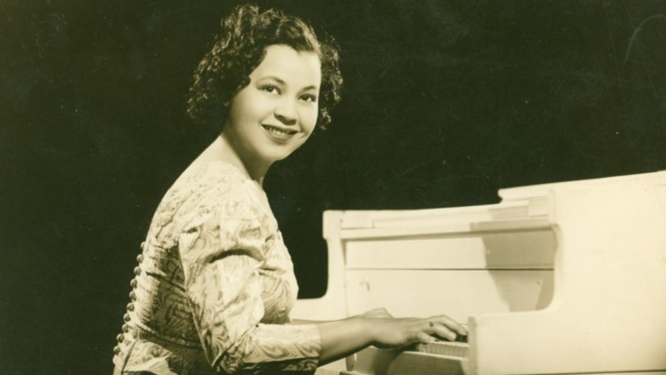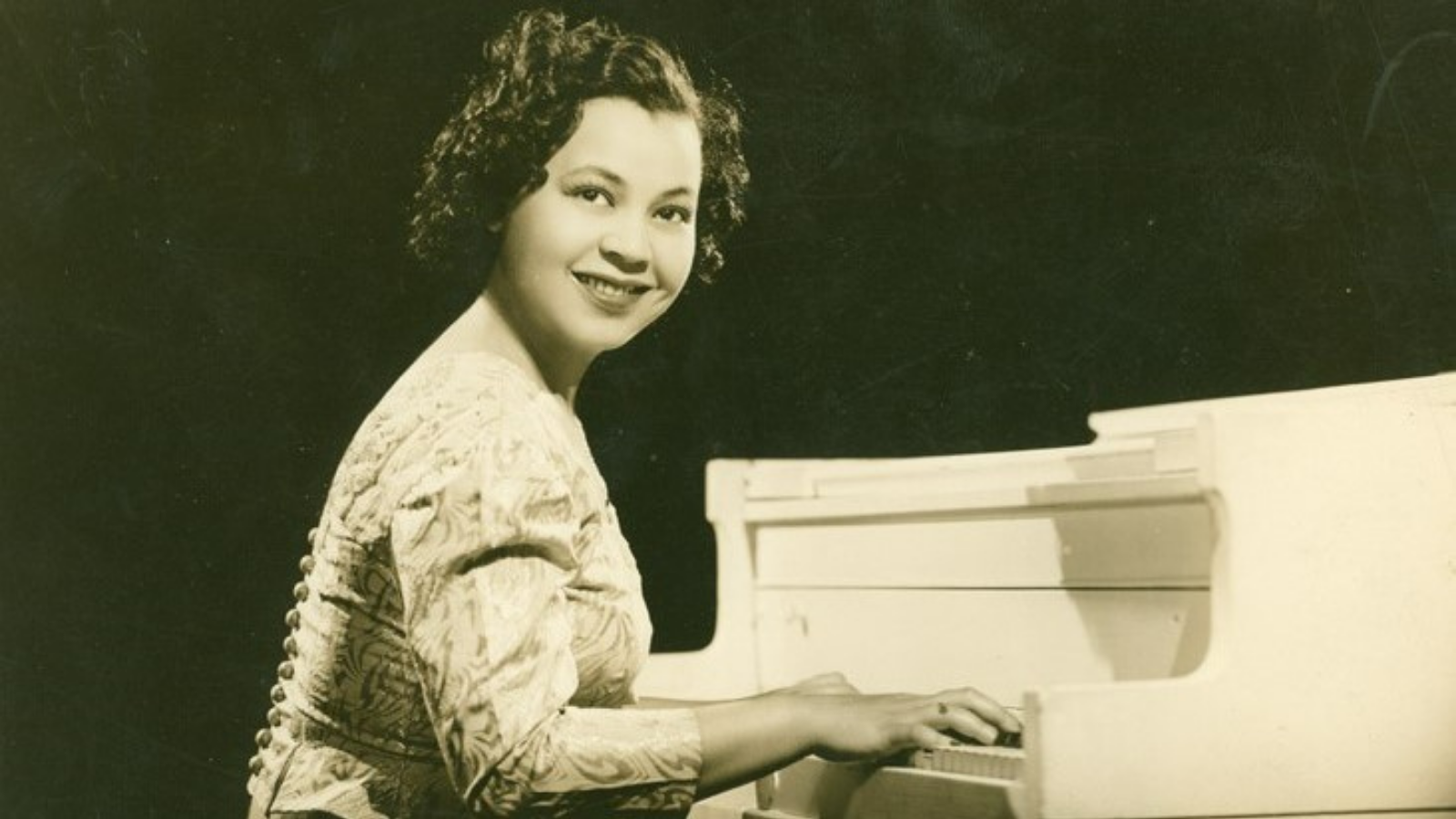Margaret Bonds

DATES
Born in Chicago, Illinois, March 3, 1913
Died in Los Angeles, California, April 26, 1972
NATIONALITY
American
STYLE/PERIOD
Modern/1920s-present
FAMOUS WORKS
Sea Ghost, Shakespeare in Harlem, The Ballad of the Brown King, D Minor Mass, The Montgomery Variations, Credo

BIOGRAPHY
Margaret Bonds was born in Chicago, Illinois on March 3, 1913. Her father, a physician and writer, was active in the Civil Rights Movement and her mother was a church musician. She grew up in an environment where many of the leading black musicians, writers, and artists often visited her home. Her mother was her first piano teacher and she wrote her first music composition, Marquette Blues, when she was just 5 years old.
During her high school years Margaret studied piano and composition and then attended Northwestern University where she was one of the few black students. The environment was not favorable to black students and although Margaret was allowed to attend the university, she was not allowed to live on campus. In spite of the hostile environment, Margaret won the prestigious National Wanamaker Foundation Prize with her composition, Sea Ghost, and became the first black person to perform with the Chicago Symphony. In 1936 she opened the Allied Arts Academy where she taught art, ballet, and music. She also met the great African-American writer and poet, Langston Hughes, and set many of his verses to music.
In 1939 Margaret moved to New York for further study at Juilliard. She collaborated on several popular songs and edited music. She formed the Margaret Bonds Chamber Society, which was a group of black musicians who performed works by black classical composers. She lived in Harlem and served as minister of music in a church there, as well as helped to establish a Cultural Community Center in the neighborhood.
Margaret also wrote music for the musical theater. In 1959 her music to the libretto by Langston Hughes for Shakespeare in Harlem premiered at the 41st Street Theater in New York. One of her works, The Ballad of the Brown King, was written for voice and piano. It tells the story of the Three Wise Men, with Balthazar, the ābrown kingā as its focus. She did not limit herself to voice and piano and later rewrote this work for chorus, soloists and orchestra. It became such a success that it was televised by CBS in 1960. In this composition, she combined various black musical traditions such as jazz, blues, calypso, and spirituals. She also composed a D Minor Mass for orchestra and organ.
Margaret served as music director for many productions and composed music for two ballets. In 1964 she wrote The Montgomery Variations for Orchestra, which was a set of variations based on the spiritual āI want Jesus to Walk With Me.ā She wrote the program notes for this work explaining that it focused on Southern Blacksā decision to no longer accept segregationist policies, the Montgomery Bus Boycotts, and the 1963 bombing of the Sixteenth Street Baptist Church in Birmingham. She dedicated the work to Martin Luther King, Jr.
Moving to Los Angeles, Margaret taught music at the Inner City Institute and the Inner City Cultural Center. Her music composition, Credo, for orchestra and chorus was premiered by Zubin Mehta and the Los Angeles Philharmonic in 1972. She died unexpectedly after her 59th birthday.
Margaret Bonds was one of the first black musician/composers to gain recognition in the United States. During her lifetime she was a tireless promoter of the music of black musicians, and her own music addressed racial issues of the time. She wrote major works for chorus and orchestra and created many well-known arrangements of African-American spirituals still sung today. In fact, in the 1960ās, Leontyne Price, who was the first African-American opera singer to become internationally famous, commissioned and recorded some of the spirituals arranged by Margaret.
2019 saw the release of the premier recording of The Ballad of the Brown King on the Avie label. Her legacy continues.